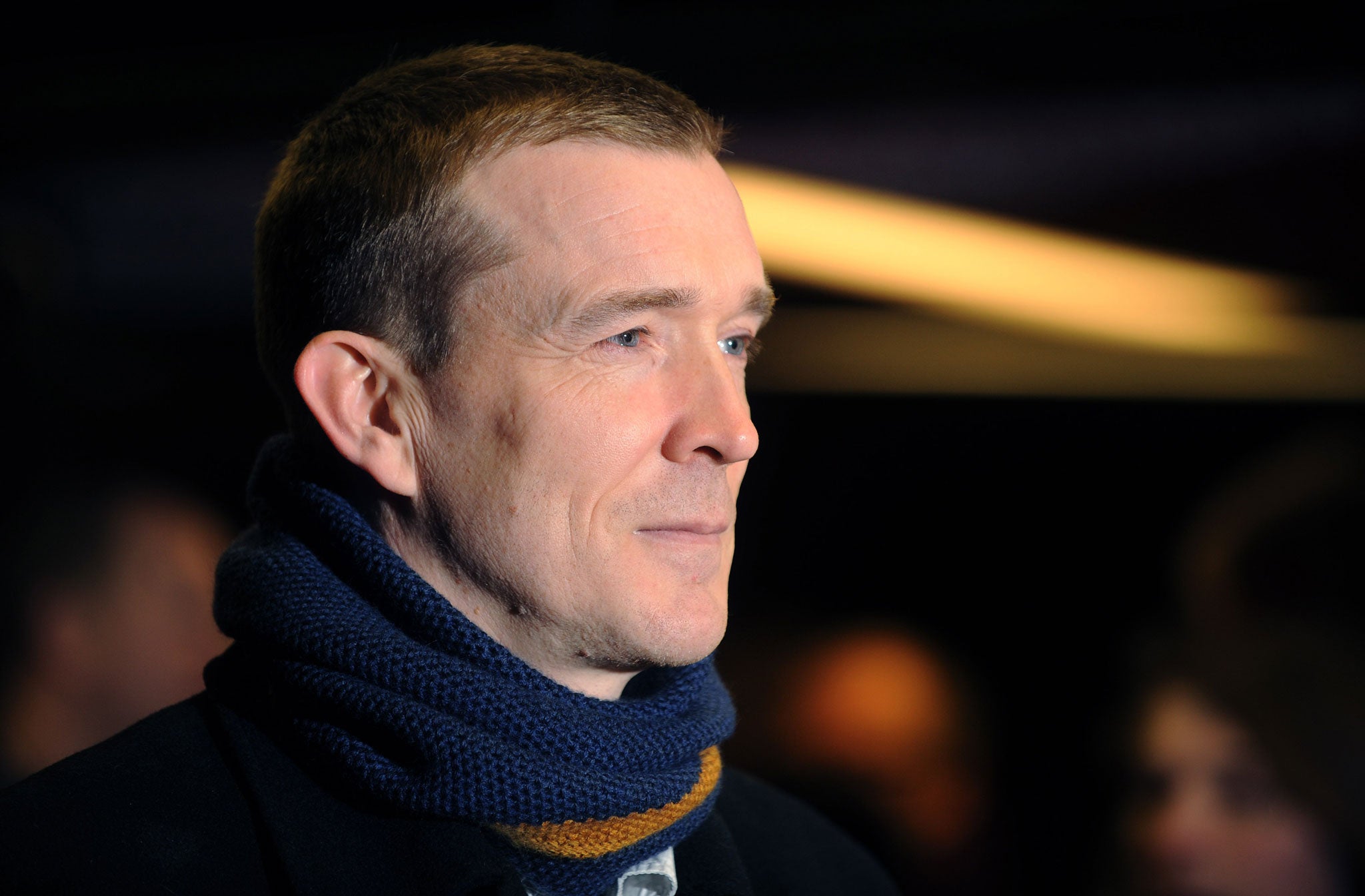The Bone Clocks by David Mitchell, book review: Epic novel follows a troubled 1980s teenager into 21st century alternative universe

The new novel from David Mitchell spans epochs and continents and stretches reality by creating – with a swish of the fingers like the action of a superpower weather girl – a tear in the fabric of the universe through which pour mysterious forces of dark and evil.
This will not surprise readers of his previous work and it is an epic that has already secured a place on the Man Booker longlist.
Yet it starts by presenting the life of unhappy teenager Holly Sykes in 1984 Gravesend against the convincing backdrop of Talking Heads and Dynasty. The landlord's daughter, recovered from hearing terrifying voices in her head when she was young, now apparently faces nothing more nightmarish than an unwise passion for the feckless Vinny.
After clashing with her mum, she leaves home to be with him only to be swiftly confronted with downright treachery. Yet her own tribulations just as swiftly fade when her brother, Jacko, vanishes, as into thin air, a tragedy that haunts Holly and her family for life.
While Mitchell eventually throws all normal understanding into utter disarray, the first tilts at reality come like a minor earthquake, a tremor leaving you slightly unsure what you have experienced. Holly meets Esther Little, a little old lady, fishing, and accepts an offer of tea, agreeing in return to provide asylum "if the First Mission fails".
The girl is practical: "Dad says the best way to handle drunks is to humour them, then dump them, and maybe the doo-lally are like drunks who never sober up." But it is a fateful decision, pulling her further into a world where a small number of people are sacrificed annually to support a Faustian pact offering immortality to a perverted few.
Mitchell is a consummate craftsman as he weaves together Holly, her former schoolmate-turned-war reporter Ed Brubreck, unprincipled undergraduate Hugo Lamb, novelist Crispin Hershey and a whole string of characters who shape-shift to appear and re-appear in the increasingly complex narrative.
Mitchell sets up situations and has the nerve to resolve the tension sometimes hundreds of pages later as when young Holly parrots the assertion that a virgin cannot get pregnant with an innocent boldness that trumpets "disaster waiting to happen" only to leave further mention until page 472. Patient readers can rest assured that the First Mission, the Horologists, the Aperture, are all explained eventually, if you concentrate.
And there is a certain satisfaction at recognising the new incarnations of the immortal few and of their opponents who – like Esther Little – adopt new bodies as they pursue the fight for good. The problem is not that the reader is asked to suspend disbelief as an entire fictional world is brought vividly to life, as in Lord of the Rings or even Terry Pratchett's Discworld. The jarring comes from rendering in such brilliantly evocative detail a hot summer in Eighties Kent and then asking readers to plunge into the alternative universe of the Anchorites of the Dusk Chapel of the Blind Cathar of the Thomasite Monastery of Sidelhorn Pass – before switching back again.
The vast sweep of the story culminates in the mid-21st century when technological gains signify nothing as a world dominated by an all-powerful China faces power shortages and environmental disaster. This, at least, is awfully credible. And despite my partial resistance to Mitchell's – any – alternative universe, I desperately wanted to know what happens to Holly, through her loves, health worries and responsibilities, a real life of meaning and emotion that survives the almost silliness of her super-natural engagements.
For sci-fi fantasists, the imaginary world Mitchell creates might be a thing of wonder, a Dungeons and Dragons for literate grown-ups. For others, I suspect the flesh and blood anguish of a long life lived well against the odds will prove the greater pleasure.
It is the human, not the super-human, moments that touch as when Hugo Lamb queries whether his love had ever been reciprocated or, indeed, the almost preposterous act of loyalty with which the book concludes. It is an ending worthy of the movie epic the Wachowski siblings – creators of the bold if problematic adaptation of Mitchell's 2004 novel Cloud Atlas - might just essay.
Join our commenting forum
Join thought-provoking conversations, follow other Independent readers and see their replies
Comments